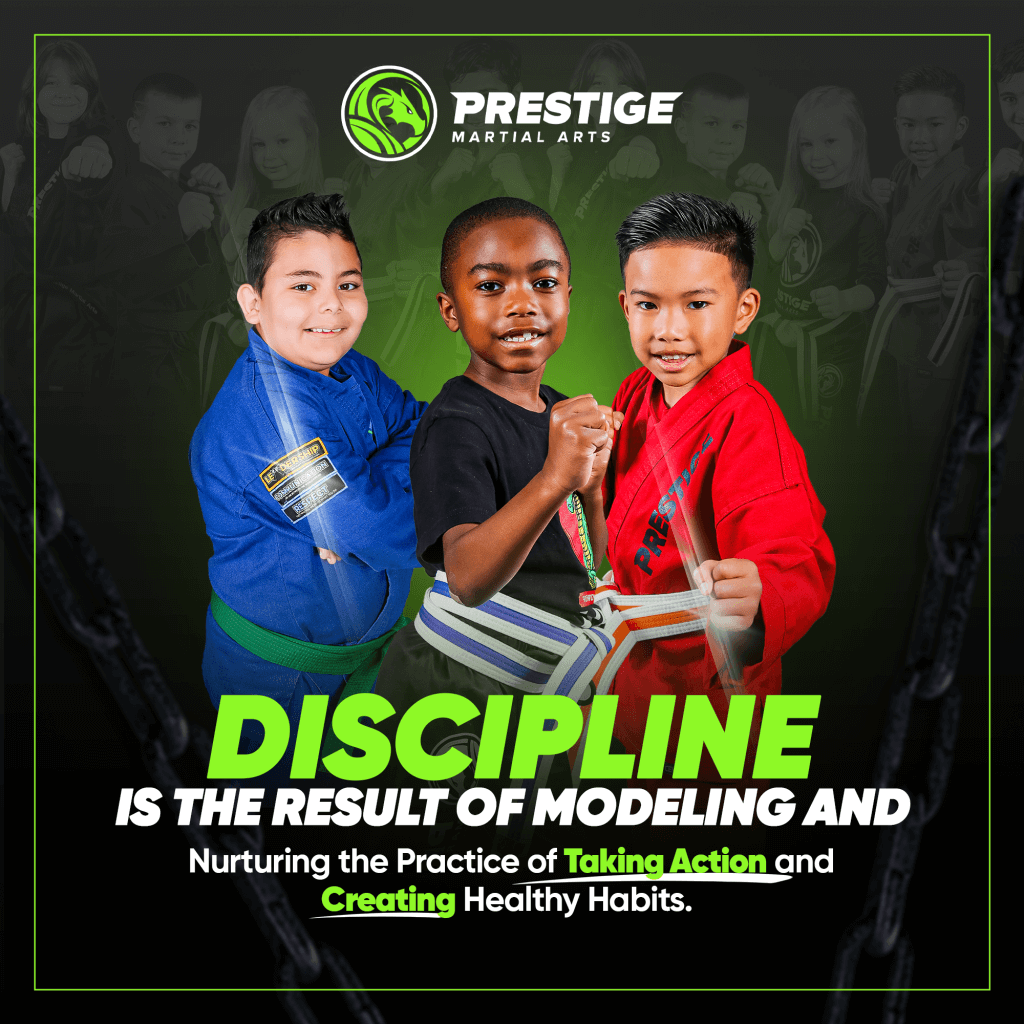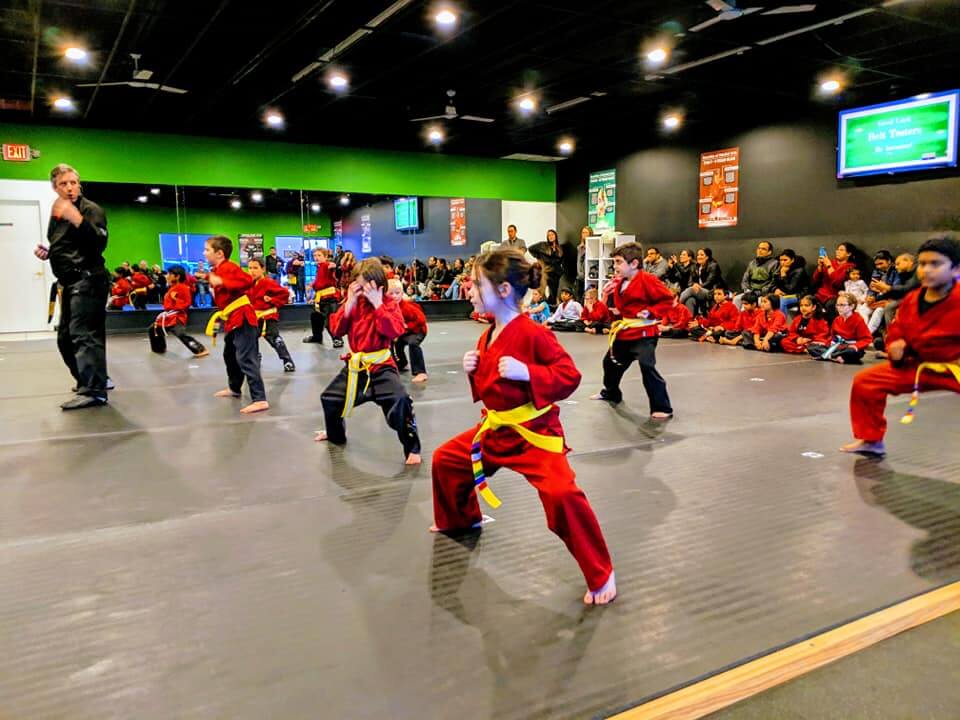Have you ever wondered why some children seem to have an innate sense of discipline while others seem to lack it entirely? This question may cross many minds as we observe the varying behaviors of children around us. Child discipline, often misunderstood as a form of punishment, is far from it. Instead, it teaches kids self-control, respect, and acceptable behavior. It’s a crucial aspect of a child’s upbringing that shapes their character and influences their future actions.
But why is it so important? Well, for starters, disciplined children are better equipped to navigate life. They understand the rules and consequences, preparing them to deal with real-life situations. They learn to make better choices and decisions, leading to a healthier, more balanced life. Discipline also fosters a conducive learning environment.
When children understand the importance of focus and concentration, it significantly enhances their learning ability. They become more receptive to knowledge and develop a love for learning that can last a lifetime. Moreover, discipline instills a sense of responsibility in children. It encourages them to accept the consequences of their actions and understand that every action has an effect. This sense of responsibility is a vital life skill that can positively impact their future success.

But let’s be clear: discipline is not about control but guidance. It’s not about enforcing strict rules but about teaching children to understand why these rules exist. It’s about nurturing a child’s moral compass, helping them distinguish right from wrong. Remember, effective discipline is a process, not an event. It requires patience, consistency, and, above all, love.
It’s about creating a supportive environment where children feel safe to make mistakes and learn from them. So, as we delve into this journey of understanding child discipline, let’s remember that it’s not about creating perfect children but about nurturing them to become responsible, respectful, and well-rounded individuals. Understanding the importance of child discipline is the first step toward creating a positive environment for your child’s growth. So, let’s embark on this enlightening journey together.
The first way to improve your child’s discipline is by setting clear expectations. Imagine setting out on a journey without a map. You wouldn’t know where you’re going or how to get there. It’s the same with behavior expectations for children. Without clear directions, they can feel lost. This is why establishing a set of rules is crucial.
It provides a roadmap for your child to navigate their behavior. But remember, rules are not just about restrictions. They also encompass the consequences of breaking them. Consequences help children understand the implications of their actions. However, they need to be consistent and fair. Irregular or harsh punishments can confuse and scare children, making them more resistant to discipline. The beauty of clear expectations is that they provide a framework for your child to understand what is and isn’t acceptable behavior.

It’s like giving them a compass to navigate the world of social norms and expectations. Clear expectations provide a framework for your child to understand what is and isn’t acceptable behavior.
The second method to improve discipline involves a keyword, consistency. Now, let’s delve into why this is so crucial. Consistency, in the context of child discipline, refers to maintaining a steady, reliable approach to rules and consequences.
Picture it as the invisible thread that weaves a consistent pattern of behavior, setting the groundwork for your child’s understanding of actions and their repercussions. Without consistency, the world becomes an unpredictable place for children. Ever-changing rules can lead to confusion, which may lead to misbehavior. It’s as if they constantly try to navigate through a labyrinth with shifting walls. Conversely, children learn to connect the dots when rules and consequences are consistent.
They begin to understand that specific actions will consistently lead to certain outcomes. This gives them a sense of control and predictability, encouraging better behavior. Consistency helps children understand the consequences of their actions and helps reinforce good behavior.
The third strategy focuses on the power of positive reinforcement. This approach is all about rewarding good behavior as a way to encourage its repetition.
It’s a simple but powerful concept that shapes a child’s actions and attitudes. Let’s break it down. Imagine your child has just cleaned their room without being asked. Instead of simply moving on, acknowledge this good behavior. A simple “Well done” or “I’m proud of you” can mean the world to them.
This is what we call praise, a form of positive reinforcement. Rewards can also be tangible. Maybe it’s an extra half hour of their favorite TV show or a special treat after dinner. These little incentives make the child associate good behavior with positive outcomes. And then there are privileges.

These could be later weekend bedtimes or choosing the family movie for the night. The key is to make these privileges contingent on good behavior. Remember, a little encouragement goes a long way in promoting good behavior.
The fourth approach involves the use of timeouts. Now, this isn’t about punishing your child but more about giving them a chance to pause, calm down, and reflect on their behavior.
It’s a moment of reset if you will. When emotions run high, children often struggle to think clearly. Time outs can provide a cooling-off period, allowing your child to gather their thoughts and emotions. It’s like hitting the reset button on their emotional state. But how do you implement a time-out effectively?
Firstly, ensuring the time-out spot is safe and quiet is important. It’s not about isolation but providing a calm environment. Secondly, the duration of the time out should be appropriate for your child’s age. A good rule of thumb is 1 minute for each year of your child’s age. Remember, the goal is to help your child regain control, not to make them feel isolated or punished.
Timeouts can be a powerful tool when used correctly, helping your child understand the consequences of their actions.
The fifth way to improve discipline is by teaching problem-solving skills. Imagine giving your child a toolkit that equips them to navigate the world independently. That’s essentially what problem-solving skills are. They arm children with the ability to handle conflicts and solve problems independently.
Why is this so important? Because when children can’t solve problems or handle conflicts, they often resort to misbehavior. Through these skills, we can prevent such scenarios and improve self-control. Teach your child to identify the problem, brainstorm possible solutions, and choose the best one. Encourage them to reflect on the outcome of their choices.
This simple process can be an absolute game changer. Remember, every problem they solve independently is a step towards improving their discipline, and every conflict they resolve is a testament to their growing self-control. Teaching problem-solving skills empowers your child with the ability to handle difficult situations on their own.
The sixth method to improve discipline is through role modeling. Picture yourself as a living, breathing instruction manual.
Children, especially young ones, are like sponges. They absorb the behaviors, attitudes, and habits they observe around them. And guess who they’re observing most? That’s right, you, their parents. As parents, we are our children’s first and most influential role models.
Whether or not we’re aware of it, we teach our children how to behave, react, and navigate the world daily. Consider the power of this responsibility. If we exhibit self-discipline, kindness, patience, and respect, our children will likely mimic these behaviors. So, let’s strive to model positive behaviors. Show them what it means to be disciplined by setting personal goals and working towards them consistently.

Let them see you handling stress with grace and managing your time effectively. Remember, you are your child’s first and most important teacher. Let’s make sure we’re teaching them well.
The seventh strategy involves open communication. You see, talking with your child about their feelings and behavior is like opening a window into their world. It’s about giving them a safe space to express themselves freely without fear of judgment or criticism. This helps your child understand their actions and improves their self-control as they learn to identify and manage their emotions better.
A great way to facilitate open communication is to ask open-ended questions. These questions can’t be answered with a simple yes or no. For instance, instead of asking, did you have a good day at school? Try asking, what was something interesting that happened at school today? This encourages your child to share more about their experiences and feelings.
Open communication helps build trust and understanding, which are key to improving discipline. Through these heart-to-heart conversations, we can truly connect with our children and guide them toward better discipline.
The eighth way to improve discipline is by avoiding negative labels. Now, this one might seem a bit tricky, but let’s break it down together. When we label a child as naughty, we’re not just describing a momentary lapse. We are telling them who they are as a person, and they can begin to believe and act that way more often.
Negative labels can dent their self-esteem and make them feel like they are the problem rather than their behavior being the issue. So, instead of labeling them, let’s focus on the behavior. For instance, instead of saying you’re a naughty child, say that was a naughty action. This way, we separate the child from the behavior, allowing them to understand that they can choose to behave differently. Remember, focus on the behavior, not the child.
The ninth and final way to improve discipline is through patience and love. Indeed, patience and love are not just words. They are powerful tools that can profoundly shape a child’s discipline. When we approach discipline with patience, we give our children room to make mistakes, learn, and grow.
It’s not about waiting for immediate perfection but about nurturing steady progress and love; it’s the glue that binds everything together. It’s the reassurance your child needs to feel secure even when they’ve made a mistake. When discipline is rooted in love, it promotes good behavior not out of fear but out of respect and understanding. Remember, discipline isn’t about controlling your child. It’s about guiding them towards becoming the best versions of themselves.
And this journey requires a lot of patience and an abundance of love. So, as we wrap up this discussion, let’s not forget. Patience and love are the cornerstones of effective discipline.
Prestige Martial Arts is the leading program that helps children develop discipline and significantly reduces parents’ stress. We believe in the power of martial arts to instill discipline, respect, and a strong work ethic in children. Our highly trained instructors are experienced in working with children of all ages, ensuring a safe and positive environment where discipline and fun go hand in hand. We’re so confident in our program that we offer a free 2-week trial. See for yourself how much your child loves our classes and how they begin to show improvements in their discipline with our Leadership Training Program.
So why wait? Join prestige martial arts today and start your child’s journey to discipline and self-improvement. Together, we can help your child grow into a disciplined, respectful, and confident leader. To get started, visit our website, www.PrestigeMartialArtsTroy.com
Want to read a great story to your child about discipline? Check out how Ryu takes Ralph on an Adventure to learn why self-discipline is important. Ryu’s Lessons: A Journey of Self-Discipline.

